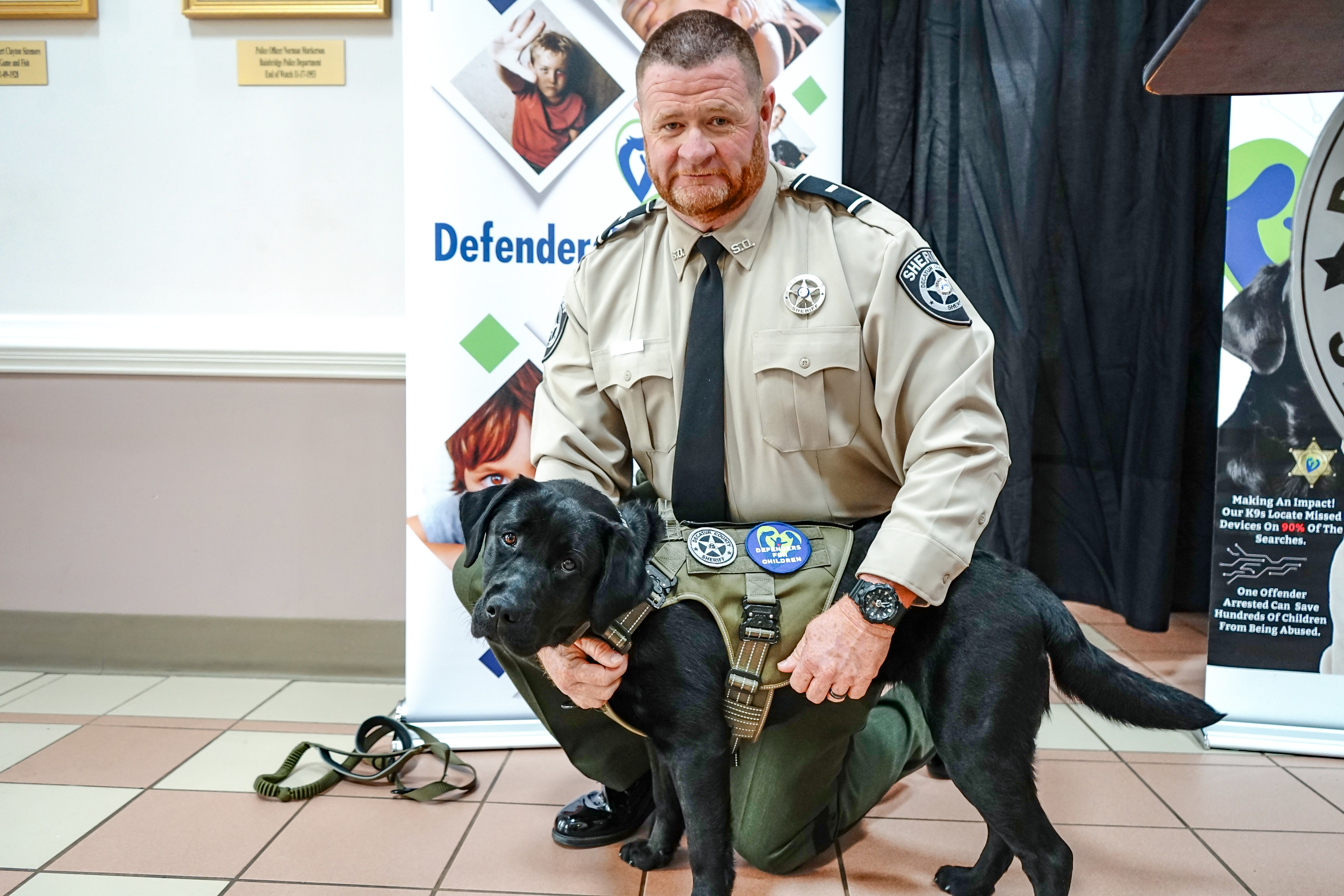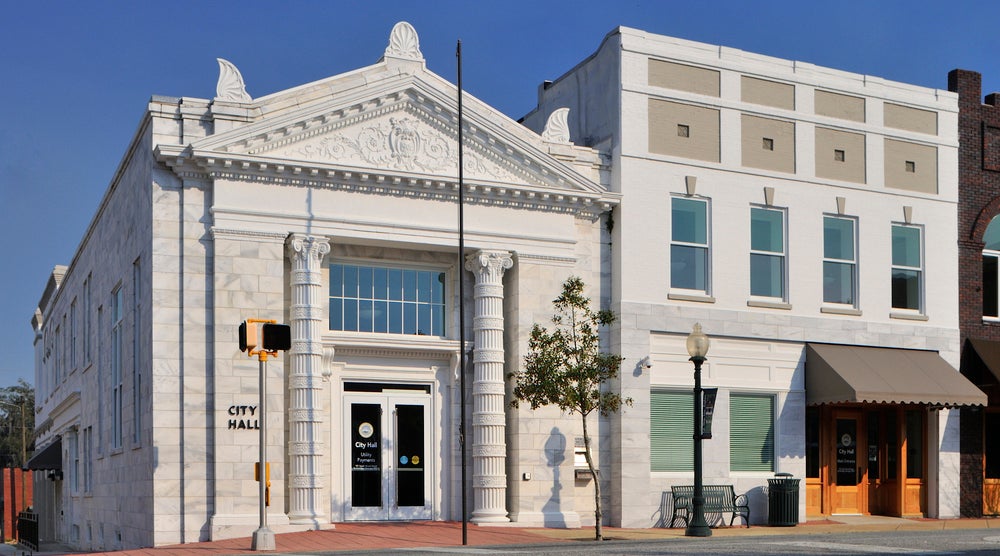A salute to an Olympic Champion and his pursuit of excellence
Published 4:35 pm Friday, February 24, 2017
Dr. Melvin Pender Jr. is a bona fide American hero: An Olympic gold medalist (4×100 relay in the 1968 Mexico City Games at 31 years of age); a Bronze Star recipient with two tours of duty in Vietnam, retiring as a captain after having joined the Army at 17; a college graduate; a member of 11 halls of fame; a coach; an author and motivational speaker; a cancer survivor and a devout Christian. A list of remarkable achievements to which many of us would aspire but which few, if any of us, could ever equal. He has.
But what makes Pender a real hero is the obstacles he had to overcome to attain that success. He grew up in the separate-but-unequal South of the 1950s. “It was a time when blacks sat in the back of the bus and in the days of ‘white only’ water fountains,” he says.
He has also battled subtle and sometime not-so-subtle racism for much of his adult life. The man has experienced the worst in us and not only persevered, he succeeded beyond anyone’s wildest imagination — except his.
“I never had any doubt I would make it,” he told me recently. “I used the system to my benefit.” Let it be known that Mel Pender is a loyal American who fought for his country and has little patience with those who disrespect our nation and its flag.
Sadly, his country didn’t always show him a lot of respect in return. His Olympic experiences were sandwiched between tours in Vietnam and little recognition by his superior officers as to his accomplishments on the track. He was denied service at restaurants even while in uniform. He was unwelcomed as a coach at the United States Military Academy because senior officers said “West Point isn’t ready for a black head coach.”
“That hurt,” he admits. “I had fought for my country and had been awarded a Bronze Star and was an Olympic athlete.”
Why isn’t he bitter with the second-class treatment he experienced more than he deserved and thrown down the race card? “My grandfather taught me to never let others drag you down to their level,” he said. His grandfather also told him to be the best he could be in life. Even when he was a victim of racism, rather than give up and give in, he put his 5-foot, 5-inch self into overdrive in the pursuit of excellence, which included an Olympic gold medal that he has donated to the Charles Wright Museum of African-American History in Detroit.
Today, Mel Pender is approaching 80, and has embarked on a nationwide tour to discuss his just-published book, “Expression of Hope” (Christian Faith Publishing.) A visit to his website, www.mdconsultingfirm.net, will list some of Pender’s upcoming speaking engagements, including this Saturday at the Center for Civil and Human Rights in Atlanta.
“It is a book I have been encouraged to write for many years,” he told me. “It is a chance to help young people and particularly young blacks to understand what it takes to be successful.” You owe it to yourself to hear this man’s story. And what a story it is.
The first time he ever ran track was in the Army, while stationed in Okinawa. His first-ever competitive race was against members of the Japanese Olympic team. He won. He was 25, a time many elite sprinters are slowing down. Mel Pender was just getting started. “I was fast,” he says matter-of-factly. Was he ever.
Today, some six decades later, in addition to Olympic gold, he still holds the world record in the 50- and 60-yard dash and once owned the world record for the 100-meter dash.
Pender and I got off to a rocky start in our relationship when he took umbrage at one of my columns regarding a local political race in which he was serving as an adviser and I didn’t particularly care for his analysis of my analysis. Out of that initial cranky contact has come a mutual admiration and a strong friendship. A short black guy fast as the wind and a tall white guy who couldn’t walk and chew gum simultaneously. Who would have thought?
Dr. Melvin Pender Jr. beat a lot of people in a lot of races. He also beat the odds stacked against him. He is proof that in this country, one can get out of life what one is willing to put into it. He is truly an American hero.
You can reach Dick Yarbrough at yarb2400@bellsouth.net; at P.O. Box 725373, Atlanta, Georgia 31139; online at dickyarbrough.com or on Facebook at www.facebook.com/dickyarb.





